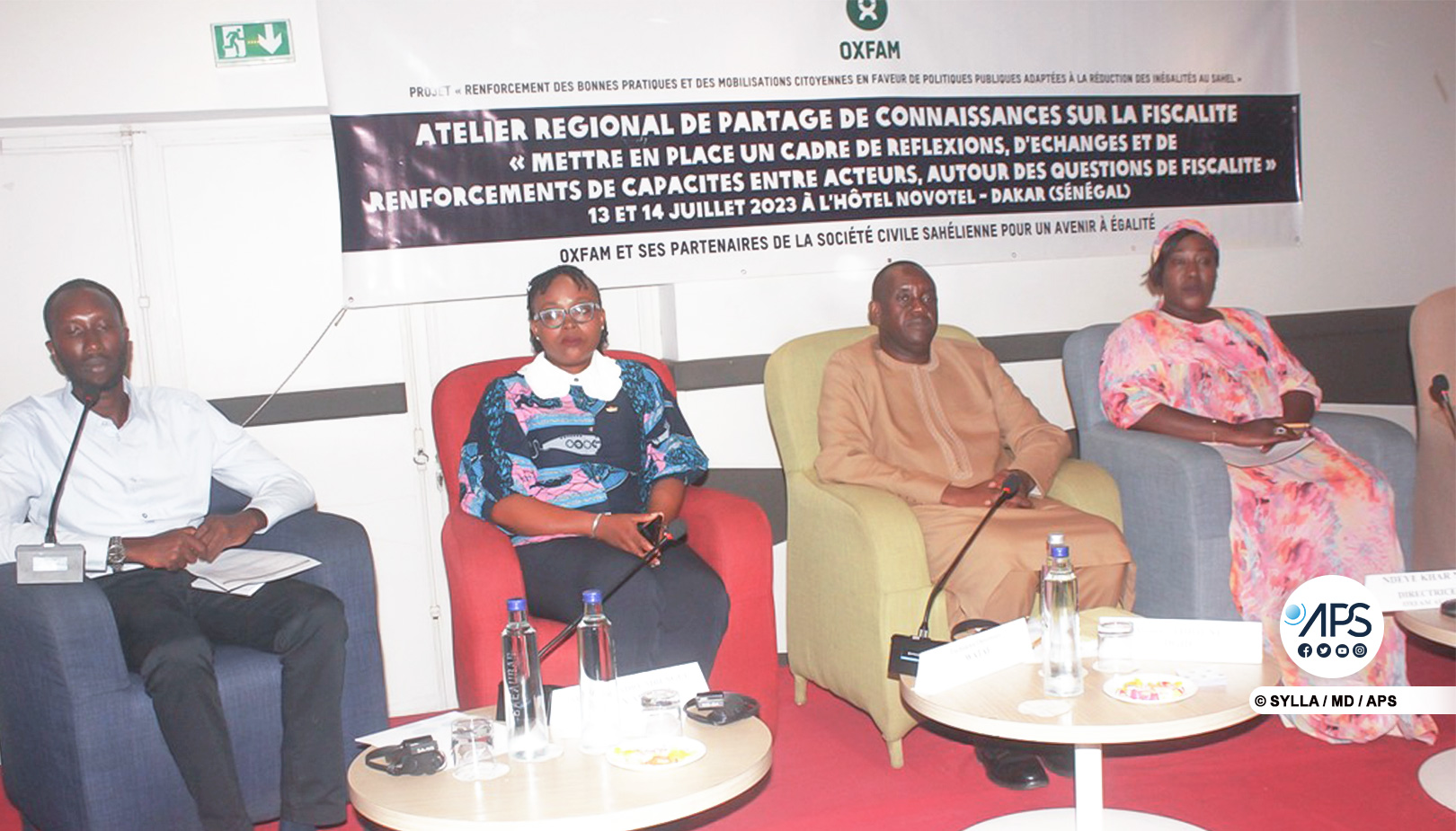

DAKAR, July 13 (APS) – The lack of assessment of tax treaties is an obstacle to policies in this area, says Alioune Theon, chief inspector of the Directorate General of Taxes and Domains (DGID).
“Yes, failure to evaluate tax treaties hinders the implementation of tax policies,” said Mr. Tune, opening a knowledge-sharing workshop on taxation organized by Oxfam. However, he indicated that the Directorate General for International Development is moving in this direction.
”The result [des conventions fiscales], is that there are a lot of investments in our country because they are companies. (…) These are companies that want to work with Senegal. They go through their countries to be able to sign agreements with Senegal. So inevitably, there are economic benefits,” Mr. Theon explained.
According to Eliman Boye, head of the study office, Assessment of Tax Convictions, Senegal has a total of 13 bilateral tax agreements in force, which have been “signed, ratified and promulgated” (France, Belgium, Canada, Spain, Norway, Mauritania, Qatar, Tunisia, Morocco, Lebanon, Malaysia and Taiwan and Luxembourg), as well as eight “bilateral agreements” signed but not ratified (Kuwait, Egypt, Iran, Portugal, United Kingdom, United Arab Emirates, Turkey, Czech Republic).
He also cited six unsigned bilateral tax agreements initialed (Saudi Arabia, Saudi Arabia, India, Indonesia, South Africa, Turkey, Netherlands), four agreements signed, ratified and issued (WAMU, OCAM and OECD, Multilateral Instrument, etc.) . He said he was with Mauritius subject to cassation ten years after the submission of the application.
Restrictions on the tax rights of developing countries
He pointed out that many challenges stand in the way of achieving these goals. He recommends “a cautious approach to tax treaties, holding that the latter restrict the tax rights of developing countries, even if they” could facilitate the fixation of investors with implications for employment, value creation and wealth.
He noted the challenge of subjecting negotiations, ratification and evaluation of the outcome of the agreements to public scrutiny. This is by spreading the aims of policy sought through tax treaties; Impact studies conducted prior to any signing taking into account the loss of tax revenue and other aspects.”
It also recommended “strengthening the institutional capacities of the tax administration (human resources, a multidisciplinary approach in negotiating tax treaties)”.
If Burkina, Niger and Senegal share the same problems with regard to tax policy, the note is that Senegal is ahead in terms of the number of agreements signed in the context of investments, according to different speakers during the workshop.
NSS/ASG/OID








